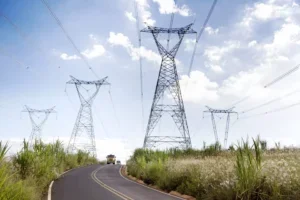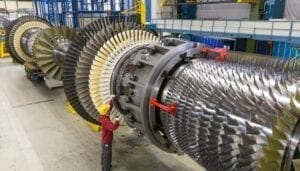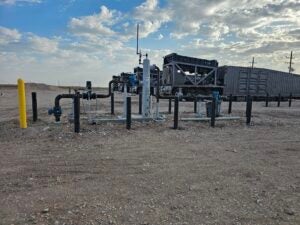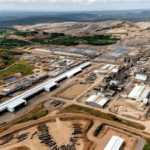As the global community shifts toward renewable energy, electric mobility, and sustainable practices, lithium has emerged as a cornerstone of this transition. Lithium-ion batteries power electric vehicles (EVs) that are revolutionizing transportation, enable the energy storage systems balancing renewable grids, and drive countless portable technologies.
Yet, while the global lithium market currently faces oversupply, driven by increased production and a temporary softening in EV sales, long-term demand growth remains strong and is projected to outstrip supply. This underscores the need for responsible and sustainable extraction to align with the anticipated deficit of supply in the future.
COMMENTARY
Meeting this growing demand while safeguarding environmental and social standards is a dual imperative. With advanced technologies and sustainable practices, it is possible to set a high bar for lithium production that aligns with global sustainability goals. Nowhere is this commitment more critical—or more promising—than in Chile.
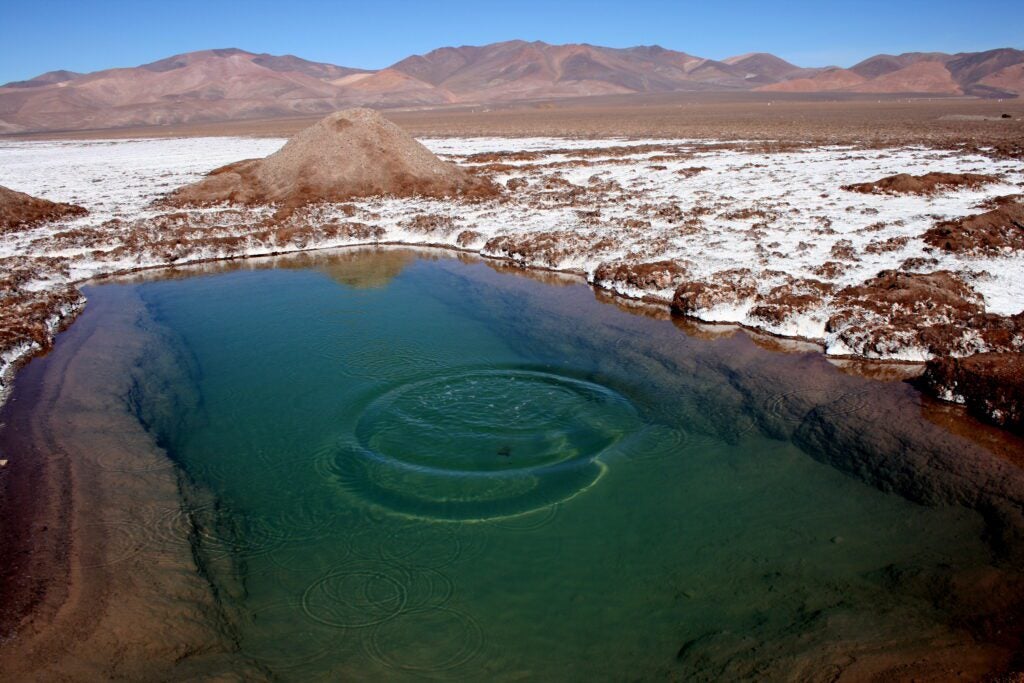
Chile: A Strategic Role in the Lithium Landscape
Chile is pivotal to the global lithium supply chain, producing about one-quarter of the world’s lithium. The country’s rich salt flats, particularly the Salar de Atacama, are home to some of the highest-quality lithium reserves on the planet. However, the scale of extraction has brought increased scrutiny regarding its environmental and social impact, particularly concerning water usage, biodiversity, and local communities.

Chile’s mining history is closely intertwined with its relationships with countries like Canada and the U.S. During the late 20th century, Chile nationalized many of its copper assets, which were predominantly controlled by U.S. companies, as part of broader economic reforms. More recently, Canada has emerged as a key partner in Chile’s mining sector, with both countries collaborating on sustainable mining initiatives and critical mineral development. These relationships illustrate Chile’s evolving approach to balancing foreign investment, resource sovereignty, and sustainability.
Operating in Chile means embracing not just the opportunity but the responsibility to lead by example. By leveraging advanced technologies and sustainable practices, companies can minimize their ecological footprint while maximizing societal benefits. Implementing state-of-the-art processing solutions ensures efficient, eco-friendly lithium extraction that aligns with Chile’s commitment to sustainable development.
Advancing Responsible Practices
Responsible resource development is not just a moral imperative; it is a business necessity in today’s increasingly conscientious marketplace. Investors, consumers, and regulatory bodies are demanding transparency and accountability in mining operations.

Proactive steps to meet these expectations include:
- Water Stewardship: Lithium extraction in salt flats can significantly impact local water resources. Cutting-edge technologies to reduce water consumption and recycle process water —the water used during extraction and processing—are essential to ensuring the sustainability of this precious resource.
- Community Engagement: Respecting the rights and needs of local communities is central to sustainable operations. Actively engaging with indigenous and local groups ensures that projects deliver tangible benefits, from job creation to infrastructure improvements.
- Innovative Extraction Technologies: Implementing processes that reduce energy consumption, minimize waste, and lower greenhouse gas emissions sets a new standard for environmentally responsible lithium production.
- Regulatory Compliance and Beyond: Chile has a robust framework for environmental protection and sustainable mining. Companies operating in the region must commit not only to meeting these standards but also to exceeding them, setting a benchmark for responsible lithium production worldwide.
A Shared Responsibility
The energy transition is a collective effort, and sustainable lithium production is a crucial component. Companies, governments, and communities must work together to ensure that resource development aligns with broader environmental and social goals.
As we look to the future, the goal remains clear: to supply the lithium needed for a sustainable world, while protecting the environment and uplifting the communities where operations take place. By prioritizing sustainability and leveraging innovative partnerships, it is possible to lead the way in responsible resource development, ensuring that the benefits of the energy transition are shared equitably and sustainably.
—Henk van Alphen is the CEO of Wealth Minerals, Ltd., which is developing world-class lithium assets in a region of Chile that produces about one-quarter of the world’s lithium. Wealth Minerals is committed to implementing sustainable and innovative extraction technologies that meet global environmental and social responsibility standards.



